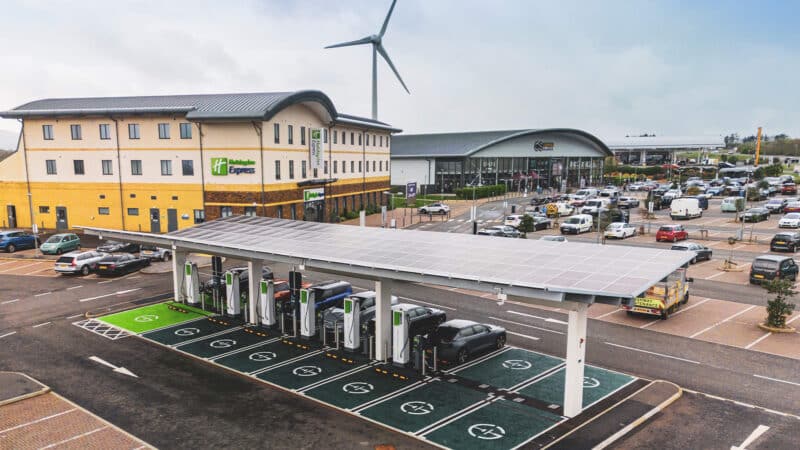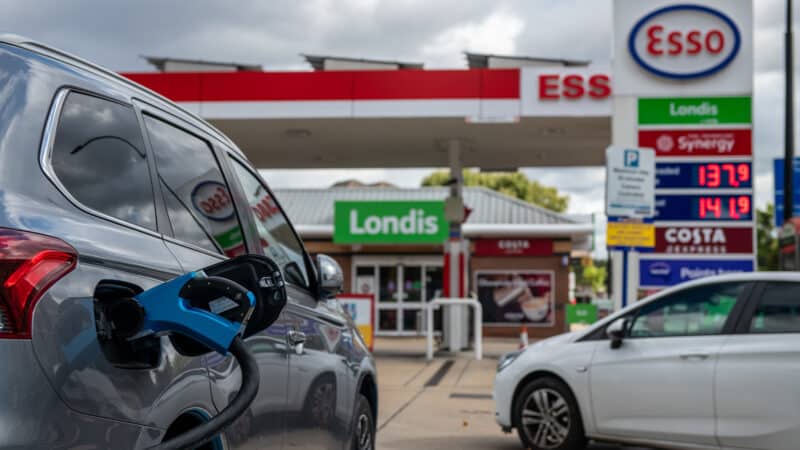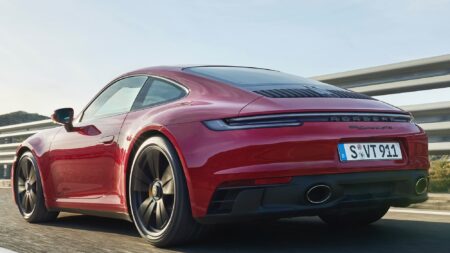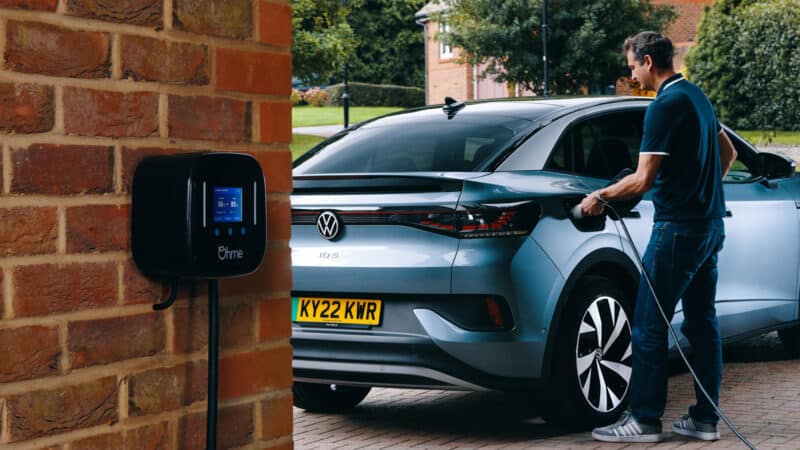As you might expect, motoring journalists spend a lot of time talking to people in industry, intelligent and informed outsiders and other journalists about the big issues of the day, and I’ve not yet had one conversation with any of them who thought the country would be ready for the ban to come into force little more than six years from now.
There are essentially two problems, either one of which would be enough to derail the 2030 plan. The first is obvious: the infrastructure won’t be ready. Of course it is important to make clear that under the old plan hybrids capable of covering a ‘significant’ distance with zero tailpipe emissions would have still been allowed to be sold until 2035 and it was particularly unhelpful that the government made no effort to explain what it means by ‘significant’. Is that one mile, ten or one hundred? Who knows? But in any event these cars are heavy, expensive and doomed. The push will be for the widespread adoption of pure EVs. Which requires not only a network of reliable fast chargers extending to all corners of all nations that make up the United Kingdom, but also the electricity to power them. And even now when demand is relatively tiny, there are fast chargers in motorway services stations that do not function simply because there is not the electricity in the system to allow them to do so.

More charging stations are needed — along with the infrastructure to support them
Newspress
The second part of the same problem is how does a person living in a block of flats or even a house in a terraced street get access to that electricity? As I’ve said before, if you have off-street parking and use an EV as a second car, they work very well. But that’s a tiny proportion of the population.
The next problem is cost, not so much to us, as to the government. I have a local friend who is on a smart tariff that allows him to charge his EV overnight at the cost of 11 pence per kilowatt hour, which will allow him to drive around 3.5 miles. It is the kind and size of car that, were it powered by petrol would do around 35 miles to the gallon. Which means he can cover 35 miles for £1.10, whereas the equivalent amount of petrol would have cost him over £7. The government currently makes over £23 billion in fuel duty and we had no idea at all how it was going to recoup that were people faced with the choice of buying an EV or a soon to be obsolete hybrid. But it seems some form of road pricing would have been inevitable.




